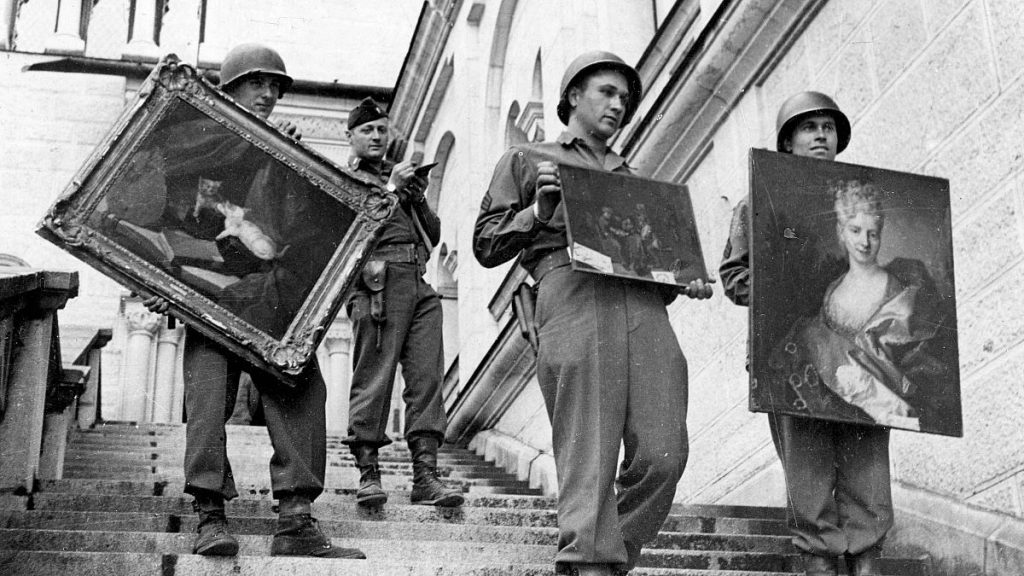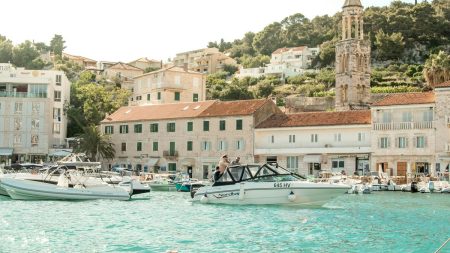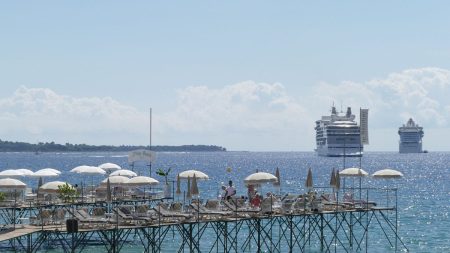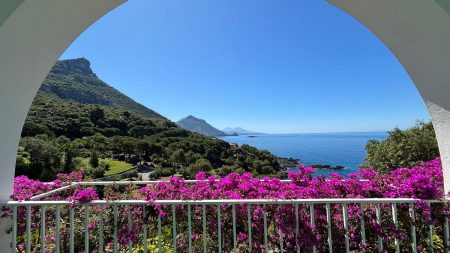The German government’s recent decision to establish a new arbitration court to streamline the restitution of Nazi-looted art, while presented as a progressive step, has sparked considerable controversy and criticism from experts in the field. The new system replaces the existing Advisory Commission on Nazi-looted art with an arbitration court designed to resolve disputes between claimants and current possessors of artwork confiscated during the Nazi era. While the government argues that this new court will facilitate faster and more efficient restitution, critics contend that it undermines the rights of Holocaust victims and their descendants, potentially hindering the return of rightfully owned cultural property.
The central point of contention lies in the “unilateral appealability” feature of the new arbitration court. This allows either party involved in a restitution dispute to appeal a decision, a significant departure from the previous system where both parties had to agree on an appeal. Previously, the refusal of current possessors to engage in the appeals process often stalled restitution efforts, leaving looted artworks languishing in limbo. A prime example is the case of a Picasso painting held in Bavaria, where the current owner’s refusal to cooperate has prevented a thorough investigation into its provenance. The new system aims to overcome this obstacle by empowering either party to initiate an appeal, theoretically expediting the restitution process.
However, experts have expressed grave concerns about the implications of this change. An open letter signed by prominent lawyers and historians specializing in Nazi-looted art criticizes the government’s decision, arguing that the new arbitration court weakens the existing framework for restitution and disregards the rights of Holocaust victims. The letter accuses the government of dismantling the Advisory Commission during the final stages of the legislative period without adequate public discussion and replacing it with a less effective system. The signatories argue that this move was “dishonest” and detrimental to the cause of justice for Holocaust victims.
A key concern raised by the critics is the lack of transparency surrounding the framework of the new arbitration court. They argue that insufficient public consultation has taken place, leaving crucial questions about the court’s procedures and jurisdiction unanswered. This lack of transparency raises concerns about potential biases and inconsistencies in the application of restitution principles. Furthermore, the experts fear that the new regulations may exclude victims who were forced to sell their art to the Nazis under duress. The existing system recognized such forced sales as a form of looting and allowed for restitution claims. However, the wording of the new regulations appears to narrow the scope of restitution, potentially denying redress to victims who were coerced into parting with their cultural treasures.
The open letter contends that limiting the restitution rights of those who sold their art under pressure of persecution represents a “slap in the face of the victims and their descendants.” It argues that such a policy would be a moral and ethical failure, tarnishing Germany’s reputation on the international stage. The restitution of Nazi-looted art is not merely a legal matter but a moral imperative, aimed at rectifying historical injustices and acknowledging the suffering of those persecuted by the Nazi regime. The experts argue that Germany’s commitment to this moral imperative is being undermined by the new arbitration court system.
The debate over the new arbitration court highlights the ongoing challenges in addressing the legacy of Nazi art looting. While the German government maintains that the new system will enhance the restitution process, critics argue that it introduces new obstacles and potentially excludes a significant number of legitimate claimants. The concerns raised in the open letter underscore the need for greater transparency and public discussion regarding the framework and implications of the new court. Ultimately, the effectiveness of the new system will be judged by its ability to deliver justice to Holocaust victims and their heirs, ensuring the return of stolen cultural property to its rightful owners. The coming months and years will be crucial in determining whether the new arbitration court fulfills this promise or falls short of its intended goals.














